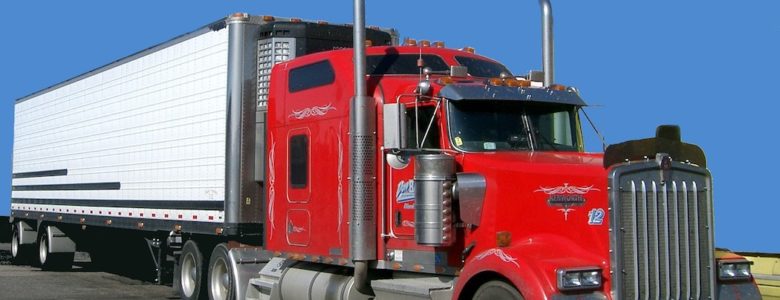As with bread and yogurt and pretty much anything that can be purchased from a grocery store shelf, there are so many choices on how to get your precious goods moved from point A to point B that it seems daunting. Last week, I wrote about what’s perhaps the best known way – those big named movers you’ve seen peppering our nation’s highways.
They aren’t the only ones, though, who can reliably and safely move you across country. Sometimes, smaller companies might be able to meet your needs better and for a better price.
While big named long distance movers have name recognition, as last week’s post proved, it’s not always a guarantee of great service. It’s also not a guarantee you won’t get great service, so as with anything, do your homework.
Small companies are independently owned and should be licensed. They need to register their rates with the federal government and in many cases, their states.
A not so hidden secret in the moving industry is that many companies follow the same pricing structure. You’d think that that would mean that all companies would charge the same. They don’t. Movers usually provide high discounts, ranging between 50 and 70 percent.
Other companies, like VIP Movers, registers their own pricing structures and sometimes, these can be far more straightforward. There’s usually a price per cubic foot (as opposed to pound). Both have advantages and disadvantages, but realize that even when charged by weight, the estimate is still based on cubic feet, since it would be really inconvenient to weigh a 350 pound credenza. Then, they estimate weight by multiplying by seven. In other words weight or cubic foot, it doesn’t really matter.
The disadvantage to independent movers is that you might have to do a little more homework. Beware of unlicensed independent movers. Don’t assume they have a great record. Once you’ve settled on a good one, though, you might find a bit more pricing and service flexibility. Independents don’t generally have to coordinate with a third party. Many companies can customize pick up and delivery to your needs (although perhaps at a higher rate) and your contact will be your contact throughout the moving process.
Independent movers are full service movers. That means they can pack you, they’ll load the truck, and of course, they’ll move you across the country or across the state. They offer the same services as the big guys and they can be just as reliable.
Do not ever, though, confuse independent movers with moving brokers. Brokers are third parties. They don’t have trucks. They don’t have movers. They just coordinate with a series of movers who actually do the move. We’ll talk more about them next week.
Part One: How Do I Choose The Type Of Long Distance Mover For Me — Van Lines
Featured image via Wikimedia.


Leave a Reply